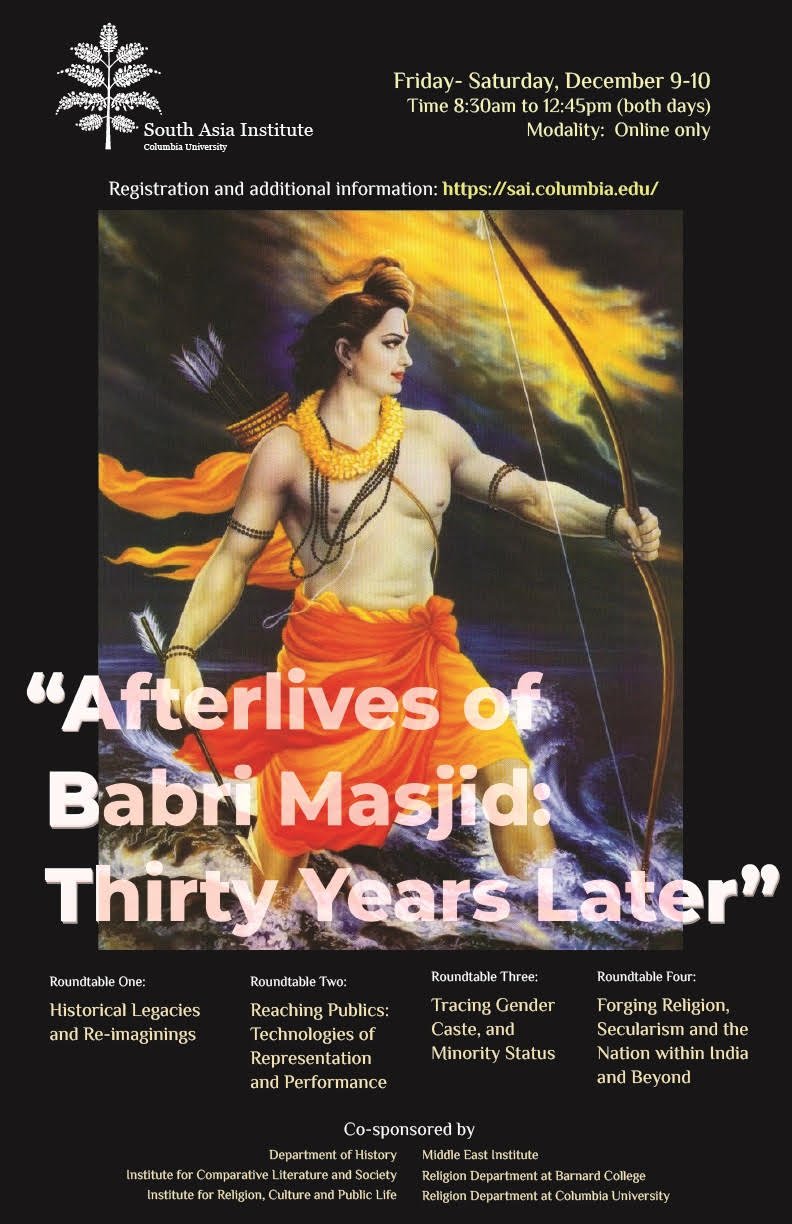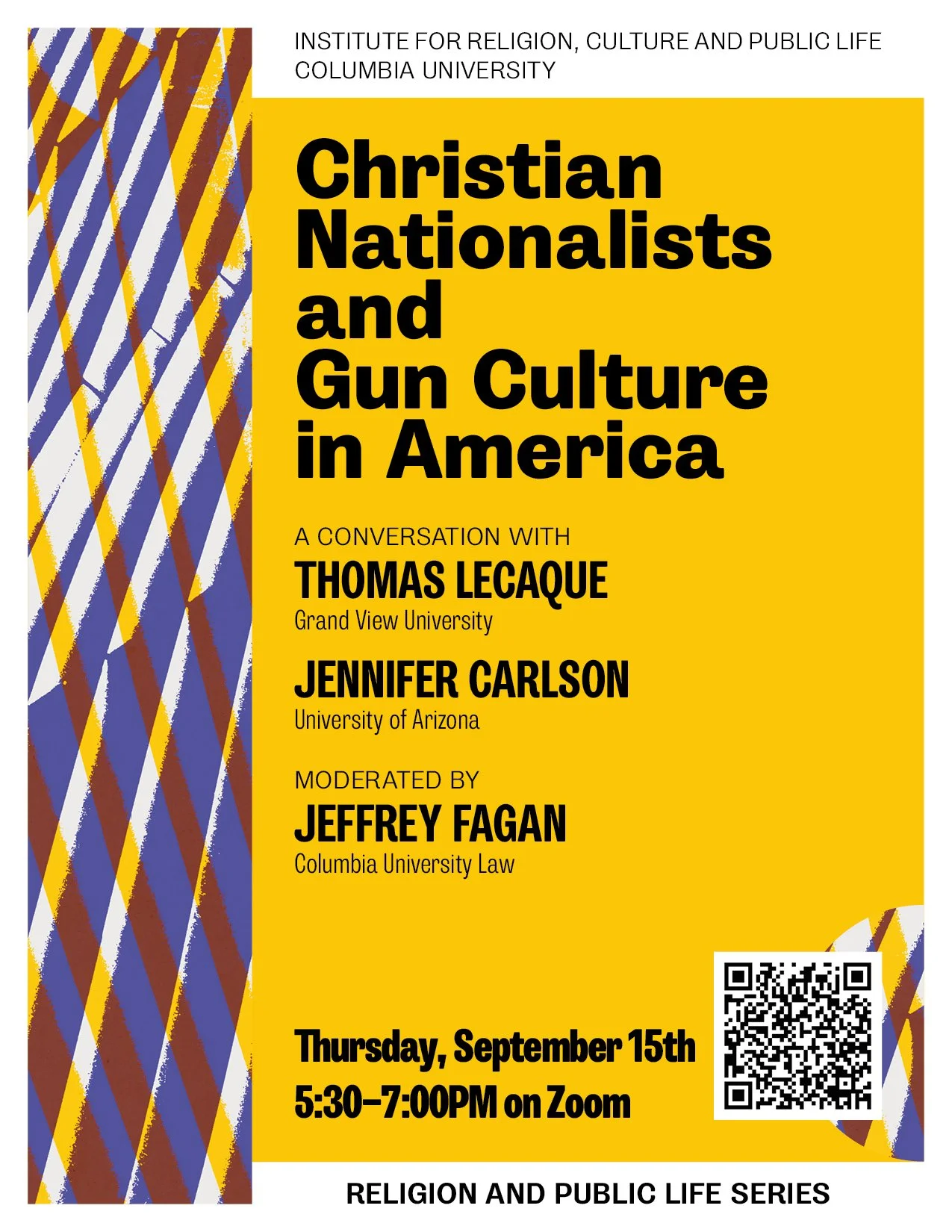Zoom event
Religion and Public Life Series
With speakers Adam Laats (Binghamton) and Michael Hines (Stanford)
Chaired by Ansley Erickson (Teachers College)
Cosponsored by Center for American Studies; Teachers College: the Center on History and Education, the Department of Education Policy and Social Analysis; and the Center for the Study of Ethnicity and Race
Today’s school battles reflect a long struggle over how to define the past and the role of history in shaping the present. For decades, white conservatives have promoted their own vision, one in which the heroes are defiantly white, straight, and Christian. African-American historians, in contrast, have long challenged this narrative and crafted more inclusive historical traditions, telling a story in which oppression, resistance, and agency take center stage. This discussion by two leading historians of education will examine the debates over history both past and present. Adam Laats studies the history of the white conservative evangelical movement and their influence in schools and curriculum. Michael Hines focuses on the early movement for Black history in public schools. Join them for a conversation about history, religion, race, and education.


















